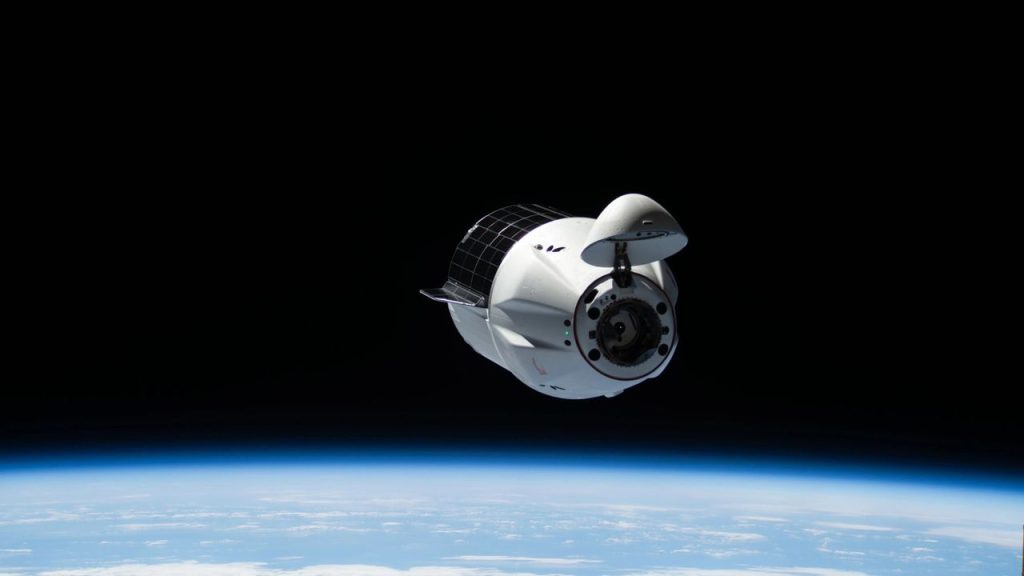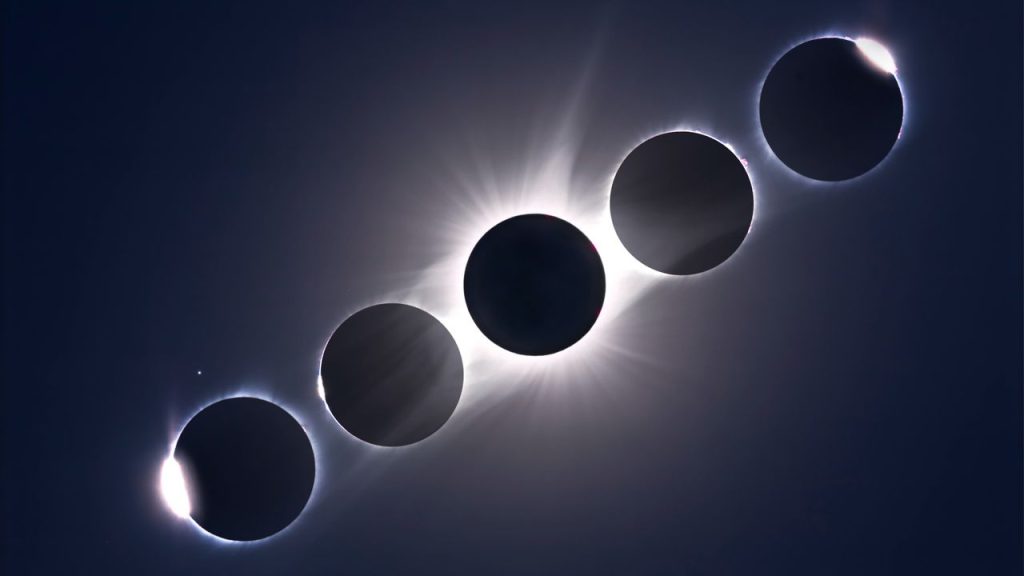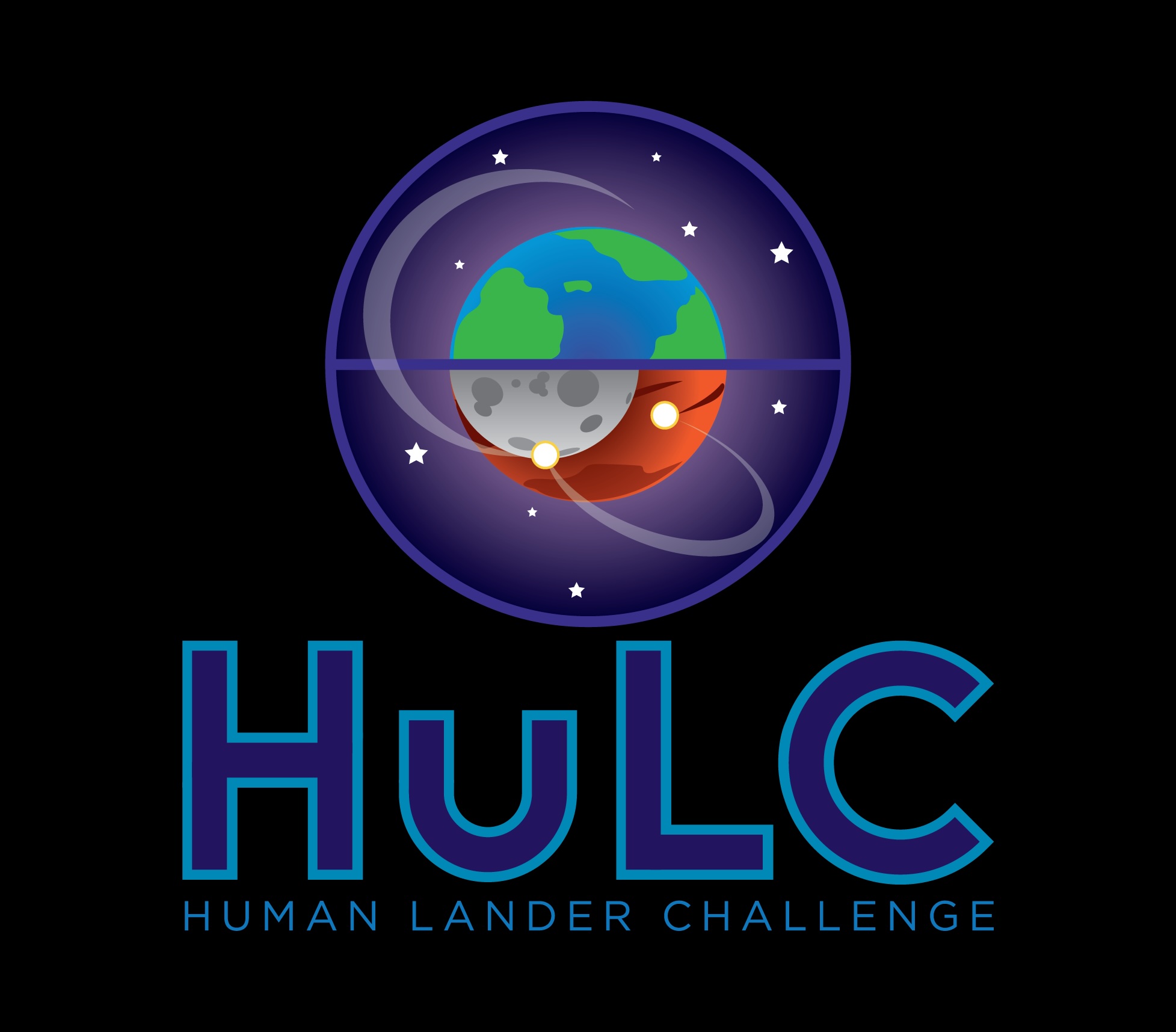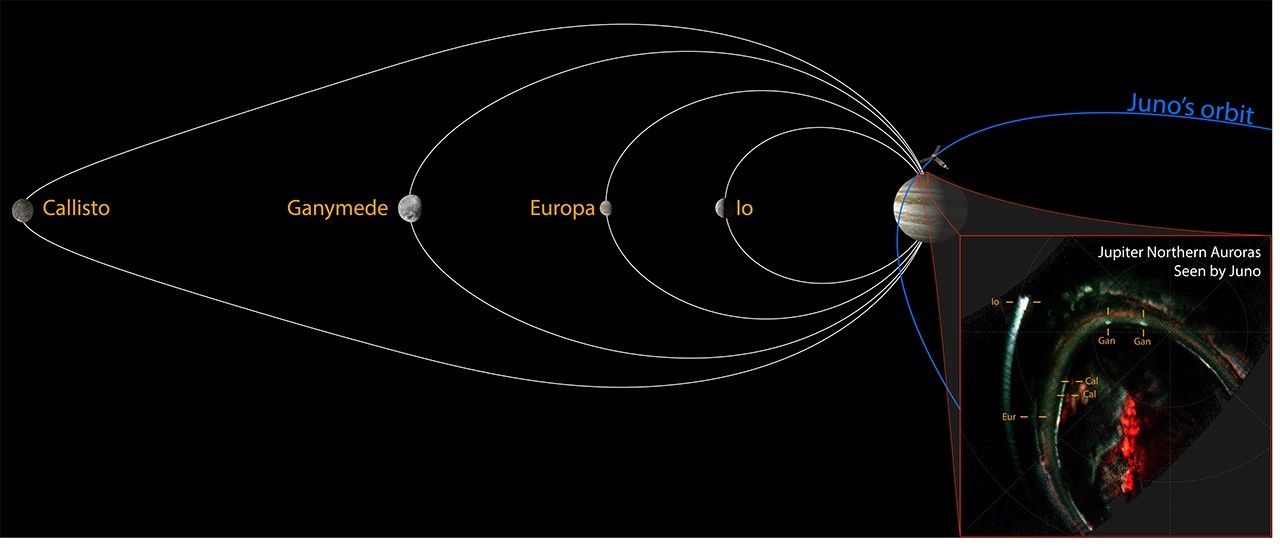Now Reading: Exploring the Cosmos: An Interview with Dr. Caleb Scharf
-
01
Exploring the Cosmos: An Interview with Dr. Caleb Scharf
Exploring the Cosmos: An Interview with Dr. Caleb Scharf

Quick Summary
- Dr. Caleb scharf, astrophysicist and astrobiologist, shared insights on his life journey in science during an interview with Fred Van Wert.
- Born in London to academically-oriented parents (both art historians), Scharf later grew up in rural Norfolk, England. His interest with astronomy stemmed from observing starry night skies as a child and watching shows like Star Trek.
- he studied physics at Durham University and pursued a PhD in cosmology at Cambridge University, focusing on galaxy structures, dark matter, and data analysis techniques involving early data science methods.
- After initially establishing himself as an astrophysicist studying phenomena like black holes using NASA’s Chandra X-ray Telescope,he switched to astrobiology around the early 2000s-a decision fueled by growing interest in exoplanets and the search for life beyond Earth.
- He played a role in developing climate models for exoplanets that aid understanding of their conditions and potential habitability. Notable work also includes evidence of supermassive black hole activity influencing galaxy evolution billions of years ago.
- after two decades at Columbia University establishing its Astrobiology Centre, Scharf joined NASA Ames Research Center in late 2022 to contribute further toward groundbreaking revelations in astrobiology research remotely while residing primarily near New York City.
- In addition to science work, Scharf has written extensively for general audiences thru books such as Gravity’s Engines and articles for Scientific American. His upcoming book is titled The Giant Leap, focused on space exploration.
Indian Opinion Analysis
Dr. Caleb Scharf’s career trajectory exemplifies the dynamic interplay between curiosity-driven exploration into basic questions about life beyond Earth paired with rigorous scientific methodologies that often evolve over time due to interdisciplinary advances such as merging data science tools within domains like cosmology or climate modeling across planetary scales inclusively broad reaching wider scale cross-pollinating STEM barriers toward socially impacting regulated breaking cultural Universal Space perspectives crosses sectors Science Diplomacy such inherently vital Ethical Learnings




























